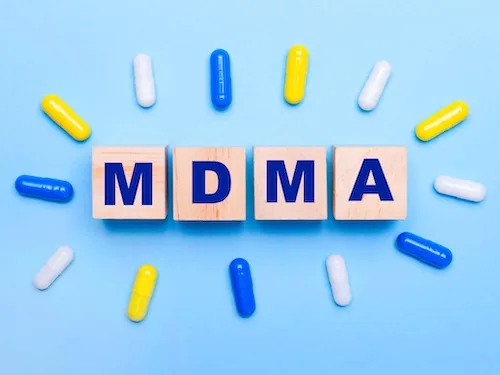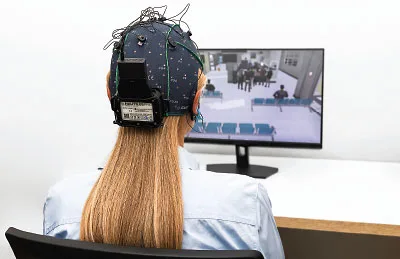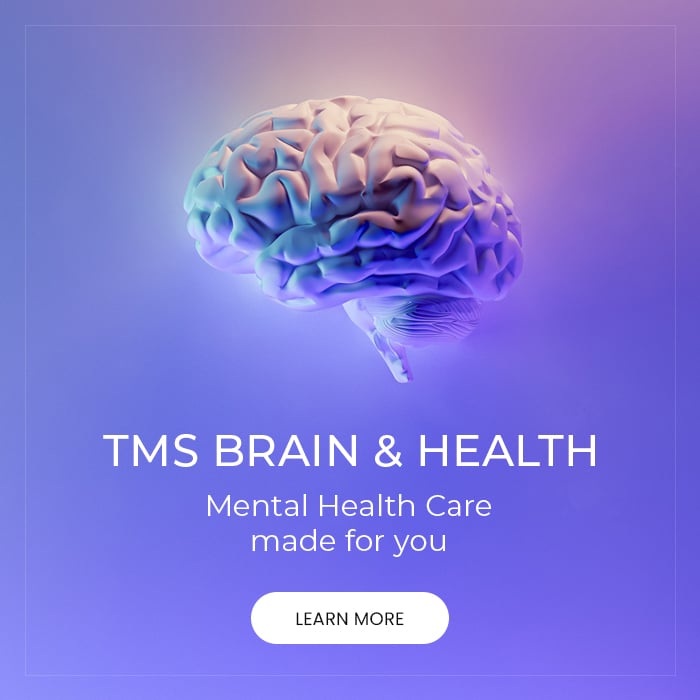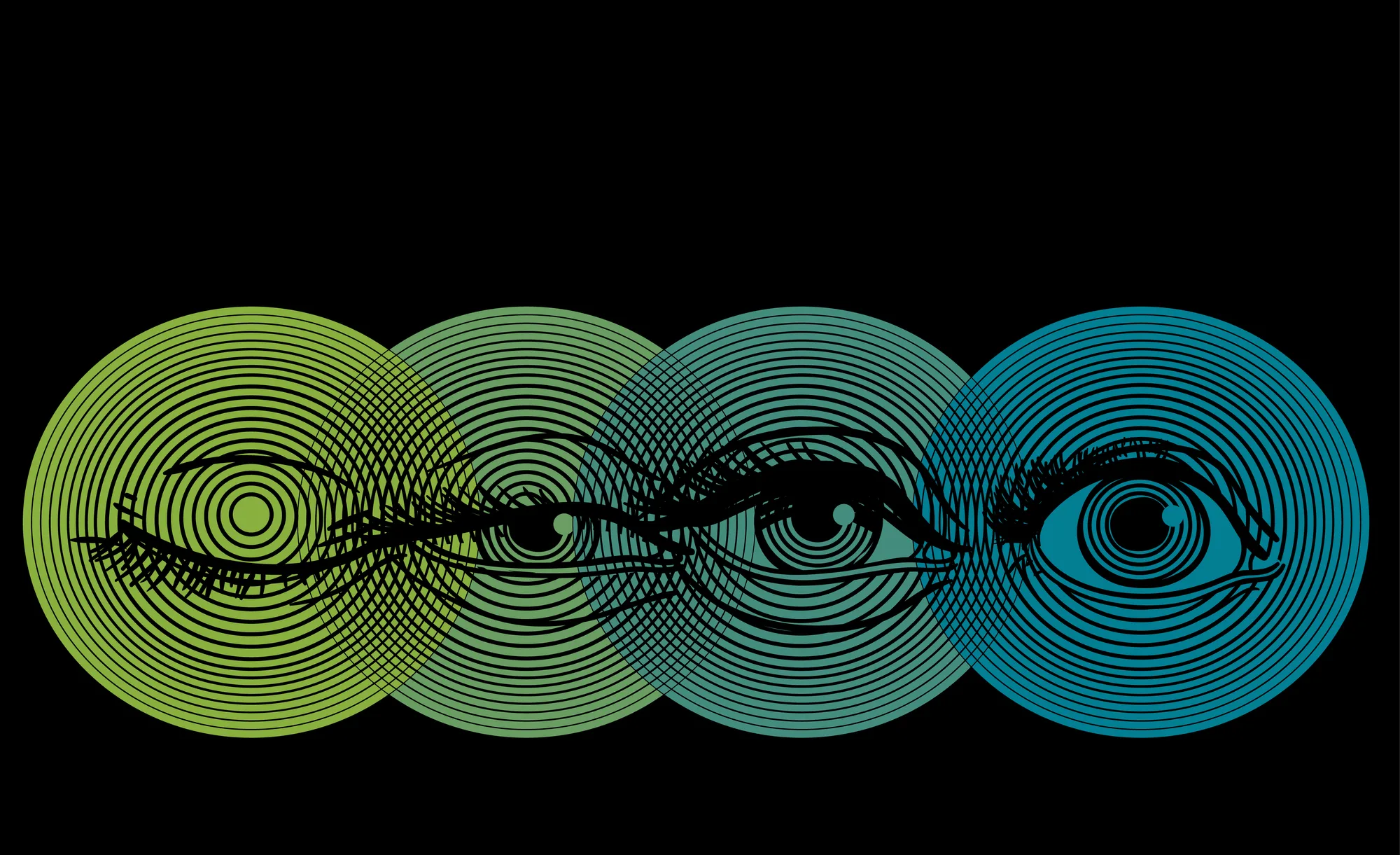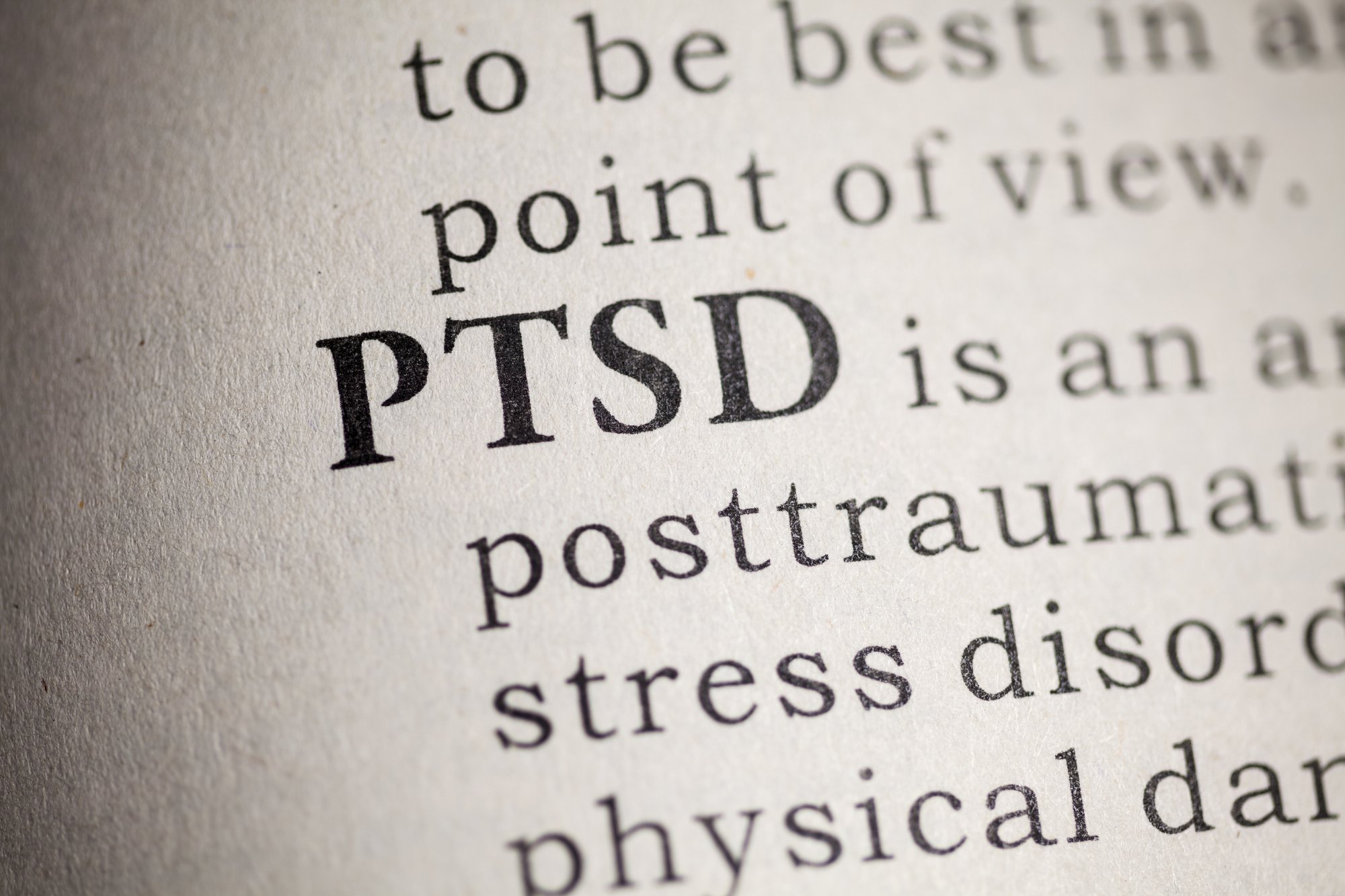Initially created in the 1960s primarily for its anesthetic properties, ketamine is presently undergoing extensive research to explore how effectively works to alleviate symptoms associated with major depressive disorder, post-traumatic stress disorder (PTSD), chronic pain, and severe social anxiety disorder. If you are struggling with severe anxiety and have found conventional treatments aren’t providing relief, ketamine could be a solution. Before considering ketamine for your severe anxiety, here are some things you should know.
A Brief Overview of Anxiety
Anxiety is sometimes described by experts as an overactive fight-or-flight response, a survival instinct that can adversely affect various bodily systems, including the heart, lungs, and even the eyes. This response, designed to protect us from immediate threats like predators, now emerges in stressful situations in everyday life, like delivering a presentation at work or finishing a tight deadline.
However, if your anxiety doesn’t have an obvious, immediate trigger, it could signify an underlying anxiety disorder. Individuals with these disorders do encounter a fight-or-flight-like response but may also struggle with other symptoms, such as muscle tension, sleep disturbances, difficulty staying focused, and irritability. Typically, healthcare professionals assess multiple symptoms and their persistence before reaching a diagnosis, often requiring symptoms to persist for at least six months or more.
The category of “anxiety” encompasses several specific disorders, including panic disorder, phobias, and generalized anxiety disorder. These disorders can arise from both internal factors, such as systemic illnesses, and external factors, such as traumatic experiences.
Conventional Treatments for Anxiety
Several conventional approaches exist for managing anxiety, including benzodiazepines, antidepressants, and beta blockers. However, these medications should only be prescribed by a licensed medical professional following a thorough assessment and diagnosis.
- Benzodiazepines: This class of medications, which includes well-known names like Valium and Xanax, is believed to be effective in calming overactive nerve impulses. While they provide rapid relief, a significant concern is the development of tolerance, necessitating an increase in dosage to maintain anxiety symptom relief. Benzodiazepines also come with potential side effects, including headaches, disorientation, and memory issues, and carry a high risk of physical dependence.
- Antidepressants: Antidepressants encompass several types, such as Selective Serotonin Reuptake Inhibitors (SSRIs), Serotonin and Norepinephrine Reuptake Inhibitors (SNRIs), and Monoamine Oxidase Inhibitors. Instead of directly soothing anxious neural activity, these drugs focus on elevating neurochemicals associated with feelings of well-being and contentment. However, one drawback is that they typically require several weeks to accumulate in the brain before producing noticeable effects. Antidepressants may also lead to side effects like dry mouth, nausea, and sexual dysfunction.
- Beta Blockers: These medications offer rapid relief for anxiety symptoms and are often prescribed on an as-needed basis for individuals with severe anxiety. Beta-blockers work by inhibiting adrenergic receptors throughout the body, reducing physical symptoms such as tremors and rapid heart rate associated with anxiety.
How Ketamine Works
Although researchers are continuing to unravel how ketamine actually works to provide anxiety-reducing effects, current studies strongly support its potential as an effective therapeutic option. In one particular study, patients experienced remarkable improvements within just one hour of their initial ketamine infusion, and they sustained long-term relief from anxiety symptoms throughout their ketamine therapy. Equally noteworthy, the minimal dosage of ketamine administered in medical contexts does not lead to chemical dependence and carries no known adverse long-term consequences.
An Effective Treatment, Not a Cure
Ketamine has been proven to be extremely effective in addressing and treating anxiety symptoms, however, it’s important to remember it’s not a definitive cure for the underlying disorder. Individuals who choose ketamine therapy must undergo a series of scheduled infusions to manage their anxiety symptoms effectively. It’s vital to understand that an immediate relief of symptoms from a treatment does not indicate the disappearance of the mental health disorder. It’s crucial to follow the prescribed treatment plan until your healthcare provider advises otherwise and your treatment is completed.
Consulting Your Doctor for Guidance
Although the use of ketamine as a treatment for anxiety is gaining popularity, it remains a relatively new option and may not be offered by all healthcare providers. At Bespoke Treatment, we work with physicians to incorporate ketamine infusion therapy into your comprehensive wellness plan. Contact one of our offices today to learn more and see how ketamine therapy may be able to help you.
If you’re living with anxiety, it’s important to consult with your doctor to create the right treatment plan for your specific needs. Keep your doctor informed about any pre-existing conditions or medications you may be taking as this can affect your treatment. Your healthcare provider can assess your individual situation and help you determine whether ketamine therapy is the most appropriate approach for managing your anxiety symptoms.
Additionally, it’s essential never to initiate or discontinue any form of anxiety medication without your doctor’s oversight. Many anti-anxiety medications need to be weaned and should not be immediately stopped while some medications may not be compatible for individuals with specific medical conditions. For example, beta-blockers could pose risks for patients with heart or lung diseases.
If both you and your doctor decide that ketamine is right for you as the next step in your treatment plan, your doctor can assist you in locating a reputable medical facility that offers ketamine infusions. Your healthcare provider will likely prescribe a treatment schedule involving ketamine therapy alongside other therapies. Remember that adhering to the treatment plan recommended by your doctor remains crucial, even if your anxiety symptoms seem to subside.
Find out if ketamine infusion therapy is right for you.



